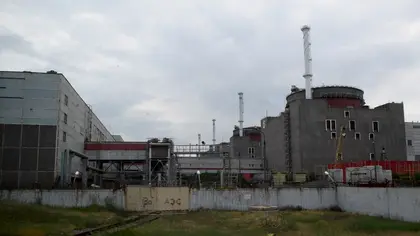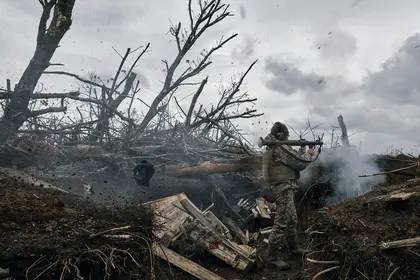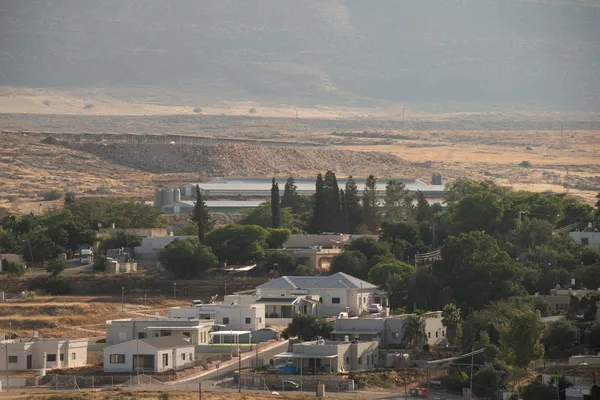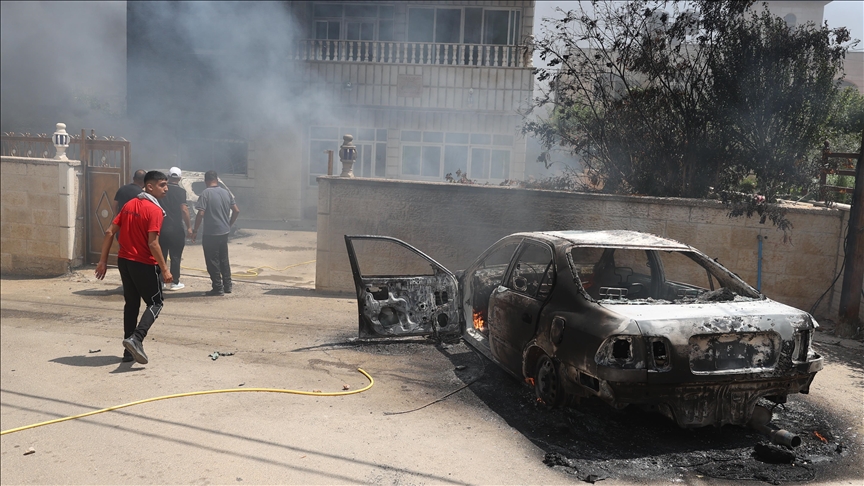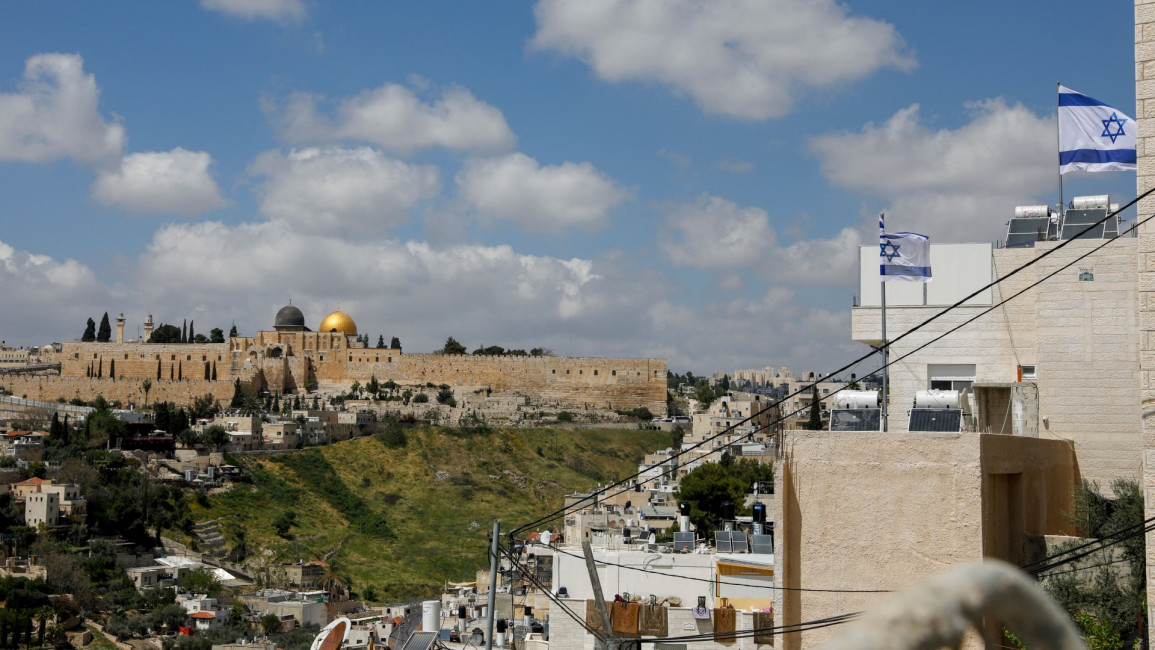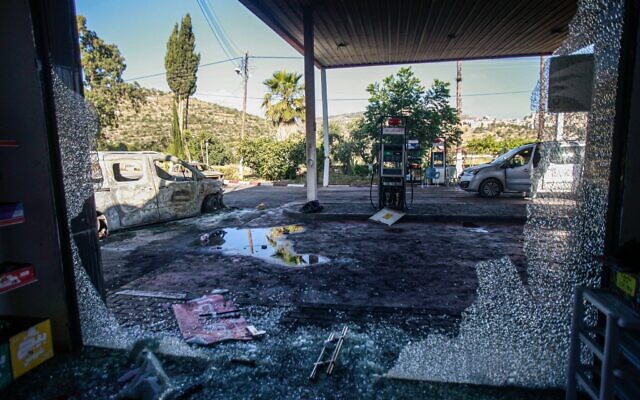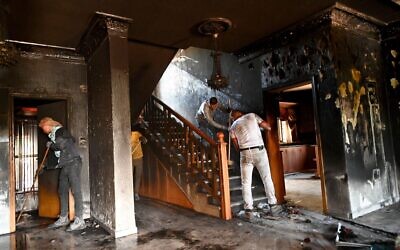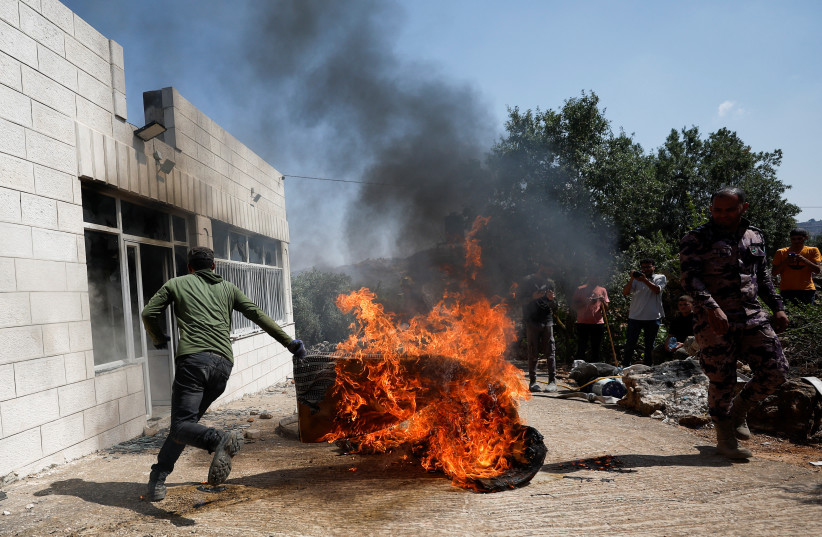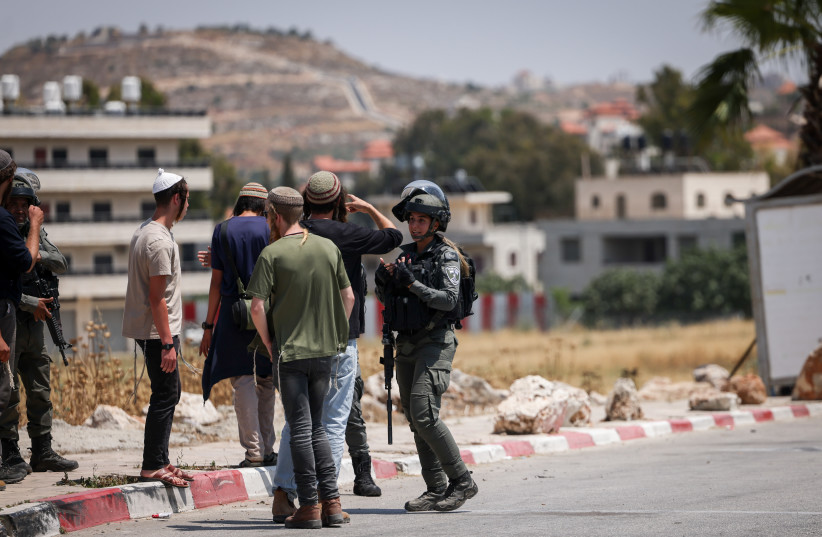Secretary-General Remarks At The Paris Summit On A New Global Financing Pact
Monday, 26 June 2023
Article: United Nations
Mr. President,Madame
Prime Minister,
Ladies and gentlemen, dear experts and civil society members, Excellencies,
Dear Emmanuel Macron, thank you for organizing this important summit, amidst an international context fraught with challenges.
and thank you, dear Mia Mottley, for the efforts undertaken within the framework of the Bridgetown Initiative.
This provides a remarkable foundation to address the difficulties faced by numerous developing countries.
Because doing nothing is not an option.
The international financial system is in Crisis.
Halfway to the 2030 deadline, the Sustainable Development Goals are drifting further away by the day.
Even the most fundamental goals on hunger and poverty have gone into reverse after decades of Progress.
Yes, in 2023, more than 750 million people do not have enough to eat.
And tens of millions more are teetering on the verge of extreme poverty.
The COVID-19 pandemic and the Russian invasion of Ukraine have exacerbated the situation.
While wealthy countries could print money to revive their savings,
Developing countries could not do likewise and are grappling with exorbitant borrowing costs – up to eight times higher than those of developed countries.
Many leaders face an agonizing choice: servicing their debt or meeting the needs of their Populations.
Many African countries now spend more on debt repayments than on healthcare.
With terrible consequences for entire generations.
Today, 52 countries are in default or dangerously close to it.
This includes the majority of least developed countries.
As well as the majority of the 50 countries most vulnerable to climate change.
Dozens of other nations are at risk of joining them.
This situation is untenable.
It is clear that the international Financial architecture has failed in its mission to provide a global safety net for developing countries.
The reason is simple, like Mia Mottley just told us, this architecture was built in the aftermath of World War II.
It essentially reflects, even with some changes, the political and economic power dynamics of that Time.
Consider this: over three-quarters of today's countries were not present at the creation of the Bretton Woods institutions—the World Bank and the International Monetary Fund.
And the situation is no better for the United Nations and the Security Council, particularly.
Nearly 80 years later, the global Financial Architecture is outdated, dysfunctional, and unjust.
It is no longer capable of meeting the needs of the 21st century world:
A multipolar world characterized by deeply integrated economies and financial markets.
But also marked by geopolitical tensions and growing systemic risks.
International financial institutions are now too small and limited to fulfill their mandate and serve everyone, especially the most vulnerable countries.
For example, the World Bank's paid-in capital as a percentage of global GDP is now less than a fifth of what it was in 1960 - even though the challenges are far greater.
Even worse, the global financial system perpetuates and even exacerbates inequalities.
In 2021, and we applaud this decision, the International Monetary Fund allocated over $650 billion in Special Drawing Rights.
European Union countries, including my own, received $160 billion.
African Countries: 34.
In other words, European citizens received on average nearly 13 times more than African citizens.
This was all done by the rules.
Goal let us acknowledge: these rules have become profoundly immoral.
A financial architecture which does not represent today's world is at risk of leading to its own fragmentation in a world where geopolitics is in itself a factor for fragmentation.
Excellencies, Ladies and Ladies Gentlemen
There will be no serious solution to this crisis without serious reforms.
I have called for a new Bretton Woods moment -- a moment for governments to come together, re-examine and re-configure the global financial architecture for the 21stcentury.
And earlier this month, as part of our preparations for the Summit of the Future, I put forward a Policy Brief – a detailed Blueprint for a redesigned Global Financial Architecture capable of serving as a safety net for all countries.
I have no illusions. This is a question of power and political will, and change will not happen Overnight.
But as we work for the deep reforms that are needed, we can take urgent action today to meet the urgent needs of developing and emerging savings.
That is why I have proposed an SDG Stimulus of $500 billion US dollars per year for investments in sustainable development and climate action.
It includes concrete steps global leaders can take right now.
They can establish a really effective and time effective debt relief mechanism that supports payment suspensions, longer lending terms and lower rates, including for middle income countries with particular vulnerabilities, namely in relation to climate.
They can scale up development and climate finance by increasing the capital base and changing the business model of Multilateral Development Banks, and allowing in a much stronger coordination to transfor their approach to risk, without risking the AAA [rating] and a lot could be said about the role played by [ratings] agencies that are, in my opinion, deeply biased and have contributed to many of the crises we have faced, and, simultaneously, transforming their approach to risk to massively leverage private finance at affordable cost to developing countries.
And lot has been said today about the need for more guarantees.
World leaders can expand contingency financing to countries in need, by rechannelling, in broader scale, unused Special Drawing Rights, and by using other innovative mechanisms to increase global liquidity.
The African Development Bank initiative to re-channel SDRs to Multilateral Development Banks could multiply their impact by five.
This example should be expanded.
Global leaders can put in place a mechanism to issue SDRs automatically in times of crisis and distribute them according to need.
They can put a price on carbon and end fossil fuel subsidies and repurpose them towards more sustainable and productive uses.
And the list of things we can do now goes on and on.
The two next days will be useful to take things forward.
Taken together, these steps would help to beat poverty and hunger, uplift developing and emerging economies, and support investments in health, education and climate action.
We don’t have to wait for root and branch reform of the international financial architecture.
We can take steps right now – and take a giant leap towards global justice.
Excellencies, ladies and gentlemen,
I am fully aware of the challenges and headwinds we face.
Power dynamics and constraints on global cooperation in today’s world make problems more difficult to solve.
But solutions are not impossible. And we can start now.
Your discussions can yield meaningful results for people in need.
I urge you to make this Meeting not just a cri du cœur for change, but a cri de War – A Rallying Cry for Urgent Action.
We are at a moment of truth and reckoning.
Together, we can make it a moment of hope.
Thank you.
© Scoop Media
